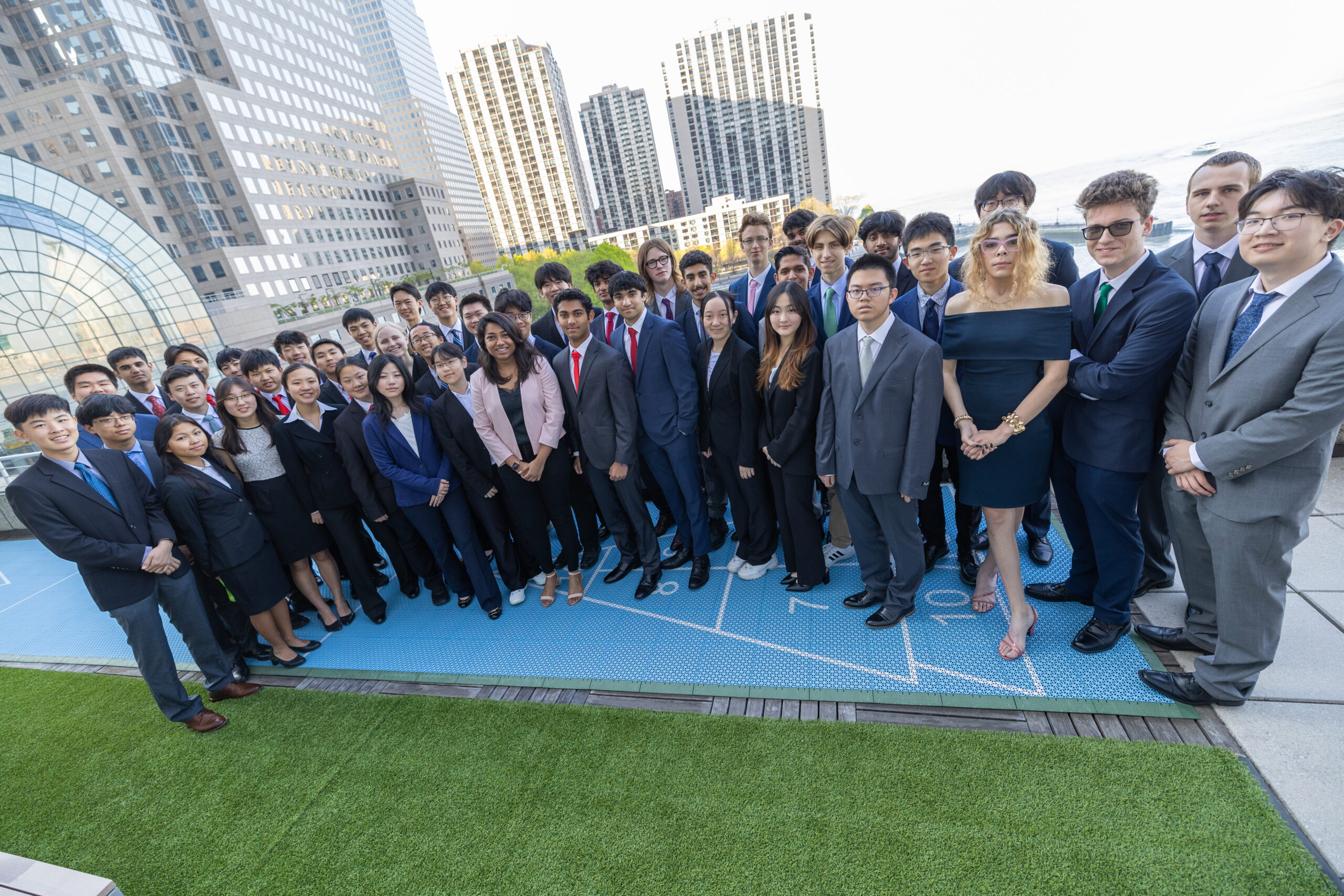Check out the live text-chat for this problem that happened on Thursday, November 17, 2016 from 3:00 – 4:30 p.m. ET with the problem author in the “Comments” section below!

When a country hosts the Olympic Games, they often hope great benefits will follow for their nation. Athletes, support staff, family, and fans should bring increased tourism. Infrastructure improvements in areas such as transportation should benefit the city and country for years. All of this tourism and construction should also provide additional jobs and consumption.
On the other hand the cost of hosting the Olympic Games is enormous, with recent games costing in the range of $10 – $20 billion.
- The next Winter Olympic Games are in Pyeongchang, South Korea (2018). The next Summer Olympic Games are in Tokyo, Japan (2020). Build a model that provides the dollars spent by visitors to the Olympics. Apply your model to the Summer 2016, Winter 2018, and Summer 2020 Olympic Games.
- Costs and benefits of hosting vary depending on numerous factors including the size of the city, which Olympic Game (Summer or Winter), and state of the nation of the home city. For example, large cities such as London or Tokyo already have excellent infrastructure, but are already popular tourist destinations with full hotels. Smaller cities such as Sochi and Pyeonchang would see a huge boost in visitors, but would struggle to accommodate the crowds without significant improvements. Winter games have fewer sports, but require highly specialized venues for events such as bobsled and ski jump. Summer games have more sports, but many venues such as stadiums and pools already exist or will be heavily used by residents after the games. Industrialized nations may have better infrastructure in place prior to hosting the games, but also might see less long term impacts. Developing nations might need to do more work up front, but may see stronger long term effects (positive or negative). Create a model to rank the 8 combinations (ie. Large/Summer/Industrial, Small/Winter/Developing) by overall economic benefit to a city.
- Using your ideas from Q2, create model that the United States could use to identify a city to host the Olympics (either Summer or Winter). What does your model imply about the most recent cities, Atlanta and Salt Lake City, as choices for Olympic Games?
Possible reference:
1. The Oxford Olympics Study 2016 – http://papers.ssrn.com/sol3/papers.cfm?abstract_id=2804554
Problem Author: Dr. Paul Taylor, Associate Professor in the Department of Mathematics at Shippensburg University
Reference and other links included on this page were current and valid at time of original posting; if they are no longer valid or live please look for similar or updated links in context with the referenced topic.





